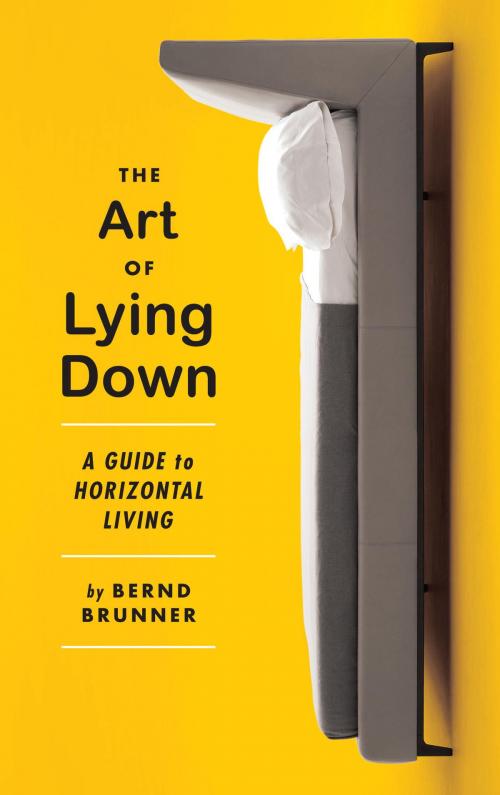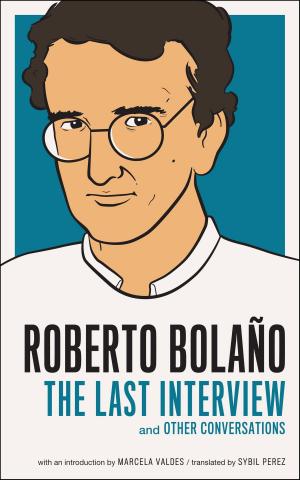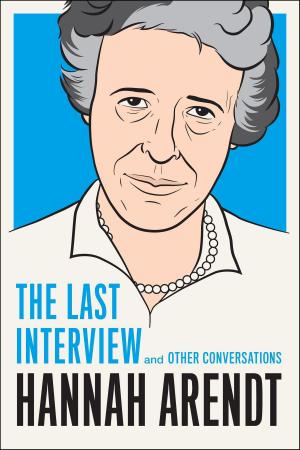The Art of Lying Down
A Guide to Horizontal Living
Nonfiction, Social & Cultural Studies, Social Science, Anthropology, Fiction & Literature, Literary Theory & Criticism, Health & Well Being, Health| Author: | Bernd Brunner | ISBN: | 9781612193106 |
| Publisher: | Melville House | Publication: | December 3, 2013 |
| Imprint: | Melville House | Language: | English |
| Author: | Bernd Brunner |
| ISBN: | 9781612193106 |
| Publisher: | Melville House |
| Publication: | December 3, 2013 |
| Imprint: | Melville House |
| Language: | English |
“A strange and dreamy voice . . . , like an Italo Calvino short story, curiously translated from some lost, obscure language.”
—Elizabeth Gilbert, author of Eat, Pray, Love
An utterly charming study of the history of lying down—which is more complicated than you might think
We spend a good third of our lives lying down: sleeping, dreaming, making love, thinking, reading, and getting well. Bernd Brunner’s ode to lying down is a rich exploration of cultural history and an entertaining collection of tales, ranging from the history of the mattress to the “slow living movement” to Stone Age repose—when people did not sleep lying down—and beyond. He approaches the horizontal state from a number of directions, but never loses his keen sense for the odd or unusual detail.
Far from being a pose of passivity or laziness, lying down can be a protest, a chance to gather thoughts or change your point of view—the other side to our upright, productive lives. Brunner makes an eloquent case for the importance of lying down in a world that values ever-greater levels of activity, arguing that time spent horizontally offers rewards that we’d do well not to ignore.
“A strange and dreamy voice . . . , like an Italo Calvino short story, curiously translated from some lost, obscure language.”
—Elizabeth Gilbert, author of Eat, Pray, Love
An utterly charming study of the history of lying down—which is more complicated than you might think
We spend a good third of our lives lying down: sleeping, dreaming, making love, thinking, reading, and getting well. Bernd Brunner’s ode to lying down is a rich exploration of cultural history and an entertaining collection of tales, ranging from the history of the mattress to the “slow living movement” to Stone Age repose—when people did not sleep lying down—and beyond. He approaches the horizontal state from a number of directions, but never loses his keen sense for the odd or unusual detail.
Far from being a pose of passivity or laziness, lying down can be a protest, a chance to gather thoughts or change your point of view—the other side to our upright, productive lives. Brunner makes an eloquent case for the importance of lying down in a world that values ever-greater levels of activity, arguing that time spent horizontally offers rewards that we’d do well not to ignore.















